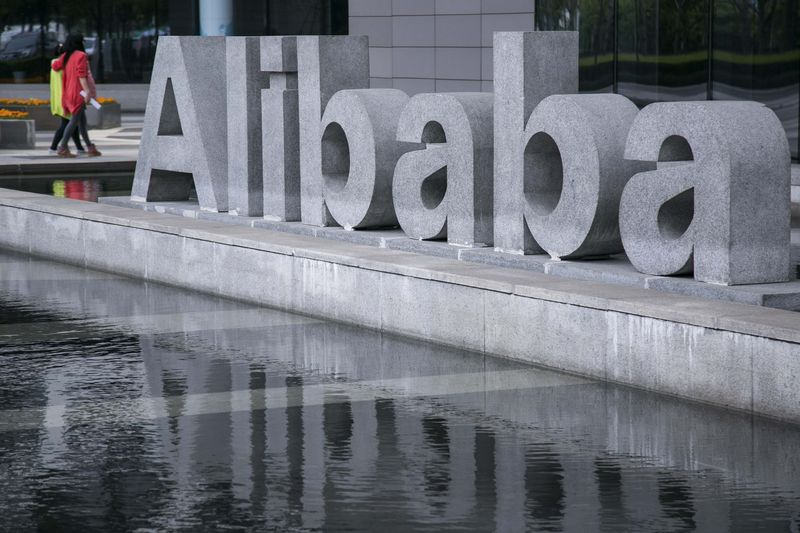IREN proposes $875 million convertible notes offering due 2031
Investing.com-- Alibaba Group (NYSE:BABA) (NYSE:BABA) shares rose sharply in Hong Kong trade on Wednesday, buoyed by reports of more progress in China’s homegrown AI chip ambitions, while speculation over founder Jack Ma’s return also helped.
Alibaba shares rose 4.8% to HK$160.10 to their highest level since November 2021. They helped underpin a 1.5% spike in the Hang Seng index.
Chinese media reported on Wednesday that a major upcoming data center from China Unicom– the Sanjiangyuan data center– had signed contracts to deploy AI chips from several Chinese firms, including Alibaba’s chip unit T-Head, Biren Technology, and Zhonghao Xinying.
Separately, Bloomberg reported late Tuesday that Alibaba founder Jack Ma had become the most involved in the company since 2020, after largely disappearing from the public eye during China’s antitrust crackdown on internet giants.
The report came as Ma made several appearances at Alibaba’s campuses, fuelling speculation that he was poised to return in a more official capacity to the e-commerce giant. Ma’s return is being touted as a sign that Beijing is loosening its grip on its internet giants, after a debilitating antitrust crackdown in the early 2020s.
Alibaba is currently run by two of Ma’s longest-serving lieutenants, Joe Tsai and Eddie Wu.
Another report showed China’s biggest chipmakers were testing advanced production tools aimed at creating artificial intelligence processors– a trend that could further Alibaba’s own plans for in-house AI chips.
The company was seen benefiting from its AI ambitions in recent quarterly reports, with its cloud business logging much stronger top-line earnings. But this was offset by substantially higher expenses on AI development, as well as laggard e-commerce earnings amid stiff competition and sluggish consumer spending.
Focus is now squarely on whether Alibaba and its Chinese internet peers can wean off their dependence on U.S.-made AI chips, which have become subject to increasing scrutiny from Beijing.
While Alibaba had trained a bulk of its models on Nvidia’s H20 chips, recent reports showed the company seeking more in-house or locally built alternatives.
The China Unicom data center could also serve as a major test for Alibab’s chip ambitions.
